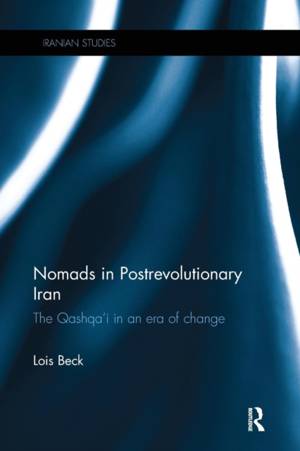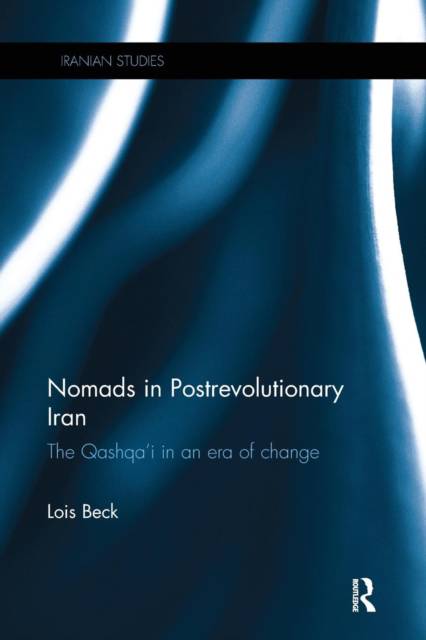
- Retrait gratuit dans votre magasin Club
- 7.000.000 titres dans notre catalogue
- Payer en toute sécurité
- Toujours un magasin près de chez vous
- Retrait gratuit dans votre magasin Club
- 7.000.0000 titres dans notre catalogue
- Payer en toute sécurité
- Toujours un magasin près de chez vous
Description
Examining the rapid transition in Iran from a modernizing, westernizing, secularizing monarchy (1941-79) to a hard-line, conservative, clergy-run Islamic republic (1979-), this book focuses on the ways this process has impacted the Qashqa'i--a rural, nomadic, tribally organized, Turkish-speaking, ethnic minority of a million and a half people who are dispersed across the southern Zagros Mountains.
Analysing the relationship between the tribal polity and each of the two regimes, the book goes on to explain the resilience of the people's tribal organizations, kinship networks, and politicized ethnolinguistic identities to demonstrate how these structures and ideologies offered the Qashqa'i a way to confront the pressures emanating from the two central governments.
Existing scholarly works on politics in Iran rarely consider Iranian society outside the capital of Tehran and beyond the reach of the details of national politics. Local-level studies on Iran--accounts of the ways people actually lived--are now rare, especially after the revolution. Based on long-term anthropological research, Nomads in Postrevolutionary Iran provides a unique insight into how national-level issues relate to the local level and will be of interest to scholars and researchers in Anthropolgy, Iranian Studies and Middle Eastern Studies.
Spécifications
Parties prenantes
- Auteur(s) :
- Editeur:
Contenu
- Nombre de pages :
- 404
- Langue:
- Anglais
- Collection :
Caractéristiques
- EAN:
- 9781138099722
- Date de parution :
- 24-05-17
- Format:
- Livre broché
- Format numérique:
- Trade paperback (VS)
- Dimensions :
- 156 mm x 234 mm
- Poids :
- 603 g

Les avis
Nous publions uniquement les avis qui respectent les conditions requises. Consultez nos conditions pour les avis.






